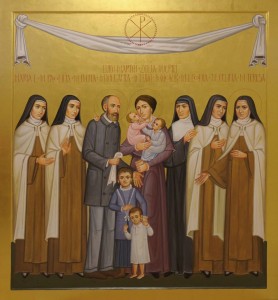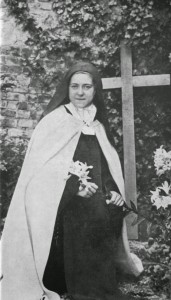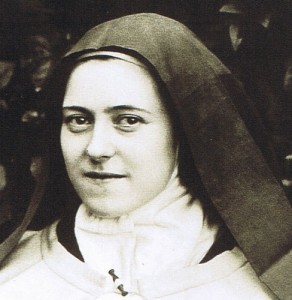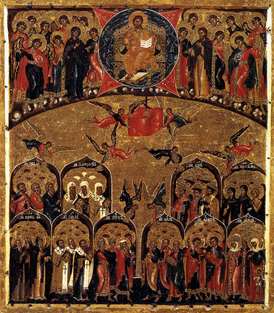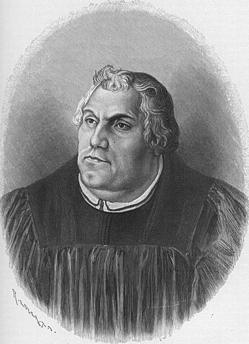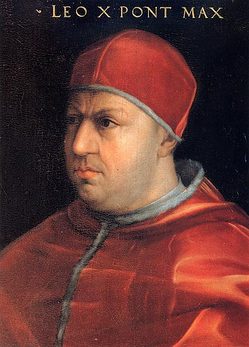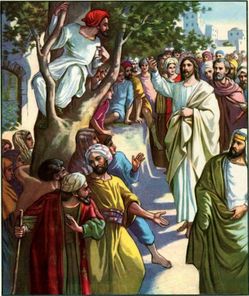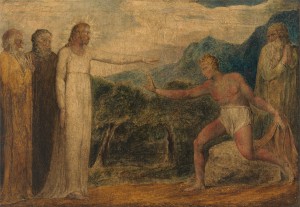 Today’s gospel is pointing the way as we move to the end of the civil year and the end of the liturgical year: Jesus cures the blind man Bartimaeus. With the gradual loss of light we are keen to see, and spiritually speaking, to see in a new way. The blind beggar gives us the direction.
Today’s gospel is pointing the way as we move to the end of the civil year and the end of the liturgical year: Jesus cures the blind man Bartimaeus. With the gradual loss of light we are keen to see, and spiritually speaking, to see in a new way. The blind beggar gives us the direction.
The only other man singled out (named in this way) for such a healing is Lazarus. We know from our study of and prayer with sacred Scripture will help is to recognize that a significant portion of Jesus’ mission was healing and making whole of humanity. This beggar Bartimaeus, a blind man from birth, knows he can find healing only from Jesus alone. The gift of sight given to Bartimaeus is not only physical, but also spiritual. He recognizes the Lord. And the consequence of sight is the act of following. And in this healing and following Bartimaeus becomes a disciple. This is our goal too: follow Christ closely.
Saint Clement of Alexandria speak of the grace of uncreated light: “The commandment of the Lord shines clearly, enlightening the eyes. Receive Christ, receive power to see, receive your light, that you may plainly recognize both God and man. More delightful than gold and precious stones, more desirable than honey and the honeycomb is the Word that has enlightened us…Despite the other stars, without the sun the whole world would be plunged in darkness. So likewise we ourselves, had we not known the Word and been enlightened by him, should have been no better off than plump poultry fattened in the dark, simply reared for death. Let us open ourselves to the light, then, and so to God.”
The grace we ask for today is the grace to recognize the person of Jesus, the Son of David, Son of God, as the One who can give life, peace, and healing. As Clement indicates, from the Lord we are enlightened…the gift of openness to the Light of Faith.
Saint Thérèse of Lisieux gives us a hint of how to approach this enlightenment: “Miss no single opportunity of making some small sacrifice, here by a smiling look, thereby a kindly word; always doing the smallest good thing and doing it all for love.”
 Some thoughts from The Little Flower:
Some thoughts from The Little Flower:
